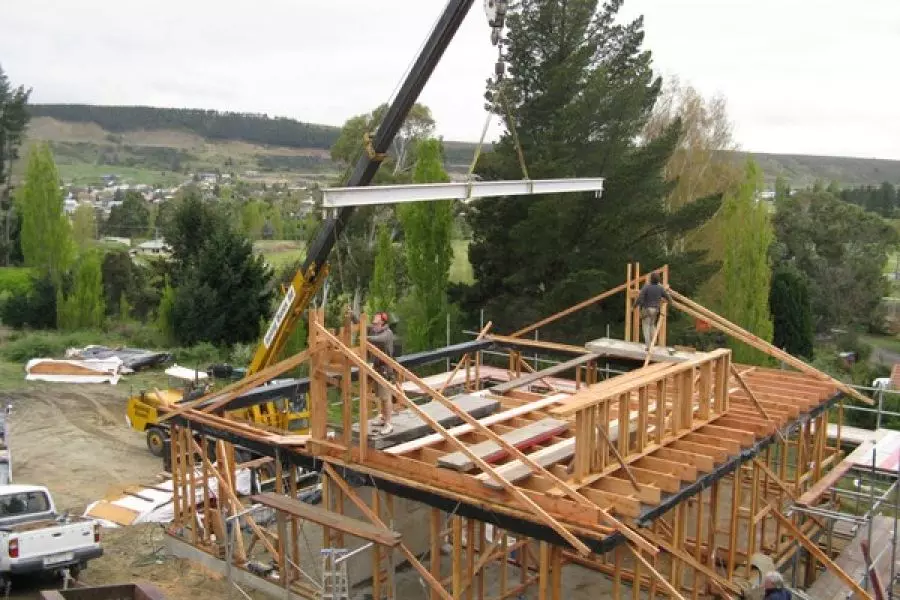News
Consents rebound likely to be short-lived

Wednesday 1st of July 2020
Stats NZ latest data shows that 3,554 new homes were consented in May 2020, which is the highest number since May 2019 when 3,724 were consented.
That’s an increase of 64% from April when just 2,168 consents were issued. It is the largest monthly change since February 1972.
When accounting for seasonality the increase from April to May 2020 was 36%, following a fall of 9.9...
Want to read the full article?
Click the button below to subscribe and will have unlimited access to full article and all other articles on the site.






![[The Wrap] Bye Bye Bayly](https://goodreturns.publit.io/file/c_fill,w_900,h_600/39f23ac1-f7c7-4854-b700-a150004ebbac.webp)


